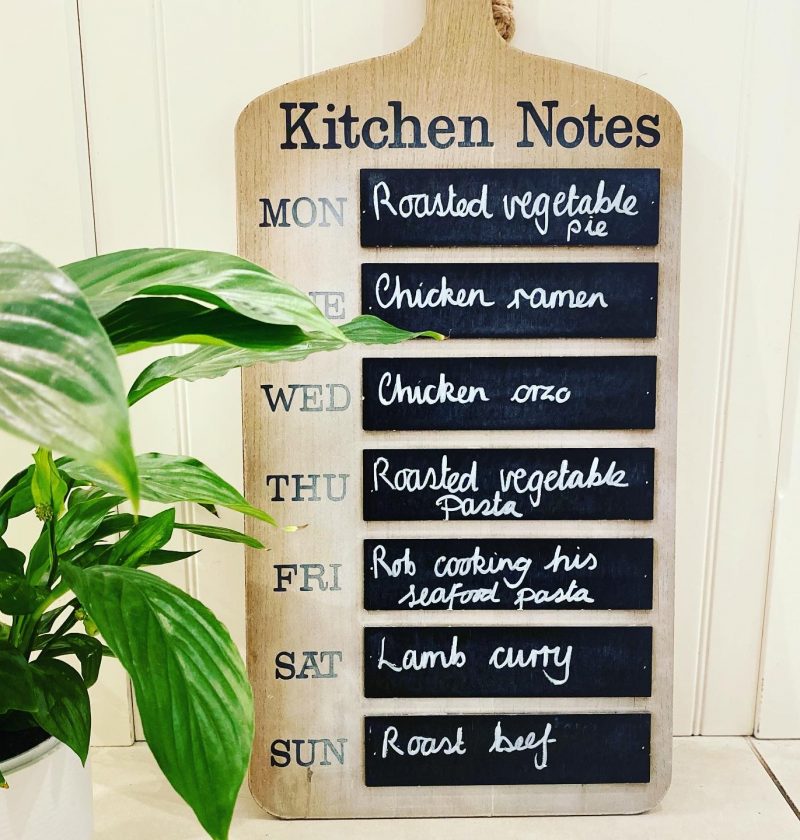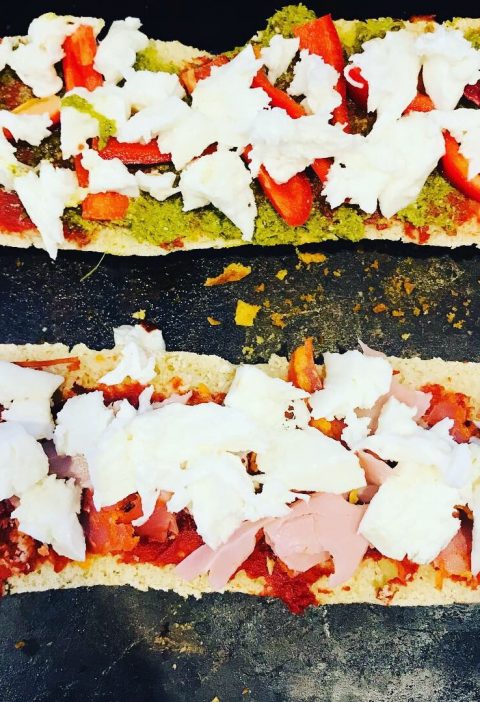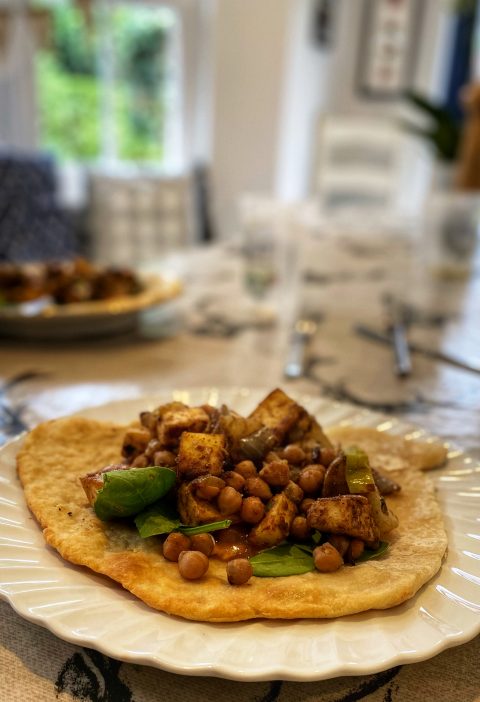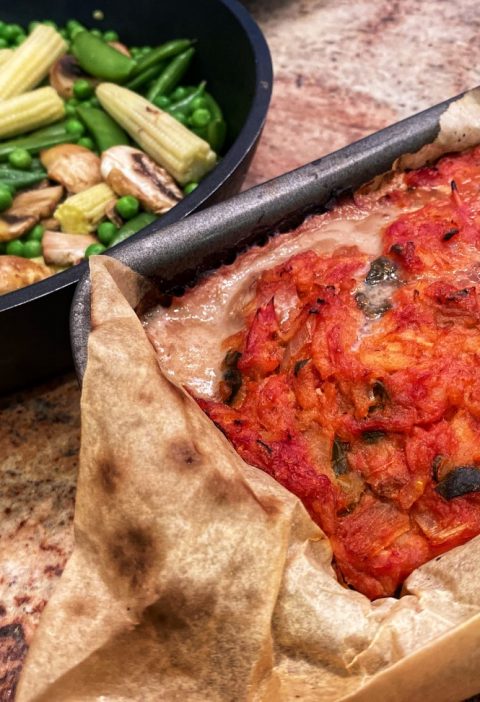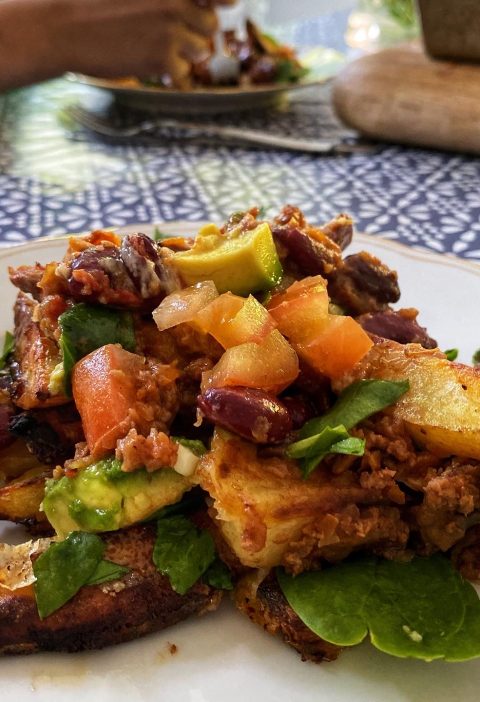by Sarah-Helen King founder, psychologist and wellness coach of Invigorise
Do you ever find yourself throwing scraps of food together from the fridge for dinner, knowing that the concoction you’ve created is really not the healthiest, but telling yourself ‘it will do’?
Have you noticed how often this is happening?
Maybe it’s because you’ve finished work late and still have the kids to feed;
Or you’ve just generally lost your motivation to cook;
Perhaps the monotony of putting 3 meals together, at home, has become all too much;
and you’ve just run out of ideas, so, it’s either this option, or a call to the nearest take away for a delivery service.
Shopping lists, balanced meals, food preparation…these sound like foreign words, and actions that other people do, but not you…
Well maybe it’s time to change that, and actually make your life a hell of a lot easier…
Spending a small amount of time in your week to get organised and plan out the week’s menu has HUGE benefits, not just for managing your time – your meals are more likely to be healthier, you save money and you’ll have less food waste.
The struggle can be getting started, and building the motivation in the first place. To overcome this the first step is to ‘reframe’ the task in your mind.
Instead of saying to yourself “I ‘have’ to do this”, say to yourself “I ‘choose’ to do this”. Repeat those words to yourself if you need to.
Studies have shown when we are offered a larger amount of food we will reliably eat it all – being coerced to eat more overrides our natural ability of choice.
When we plan meals, we take the control back and are more likely to eat less but still feel full and satisfied. This is due to the psychological processes in our mind. When we have a better understanding of why we choose to eat more, in the absence of hunger, it makes it a lot easier to prevent overeating, and therefore can lead to weight loss or help us prevent obesity.
In a recent study which looked into meal planning and its beneficial effects; The Mind Over Platter study found that meal planning was important in helping people control the amount of food they eat, and how full they feel, leading to these positive effects.
A healthier relationship with different foods develops, whereby as long as the balance is right in terms of nutrition, no foods are off bounds because the decisions are made beforehand, and well-loved and enjoyed foods are still consumed just in smaller, yet still satisfying, portions
If you feel like this is all still a bit too much why not let someone else take over the initial planning for you? Our wonderful collaborator Claire Gillies at Delicious and Real does just that.
Subscribers have access to an editable weekly plan and an associated shopping list. You will also have access to a recipe library of over 250 delicious, simple, healthy and real recipes, taking the decisions out of meal times.
If this is something you feel you need a little bit of support with, in terms of ‘blocks’ in your motivation and are perhaps struggling to keep a positive mindset, then this is something we can help with at Invigorise.
If you would like to talk through your ‘why’ in terms of making healthier food choices, and planning meals, we have some limited slots available for 1 to 1 coaching – please send us an enquiry to find out more: www.invigorise.co.uk/enquire

